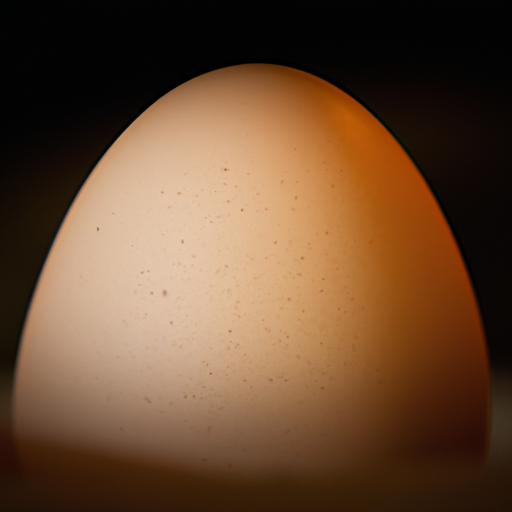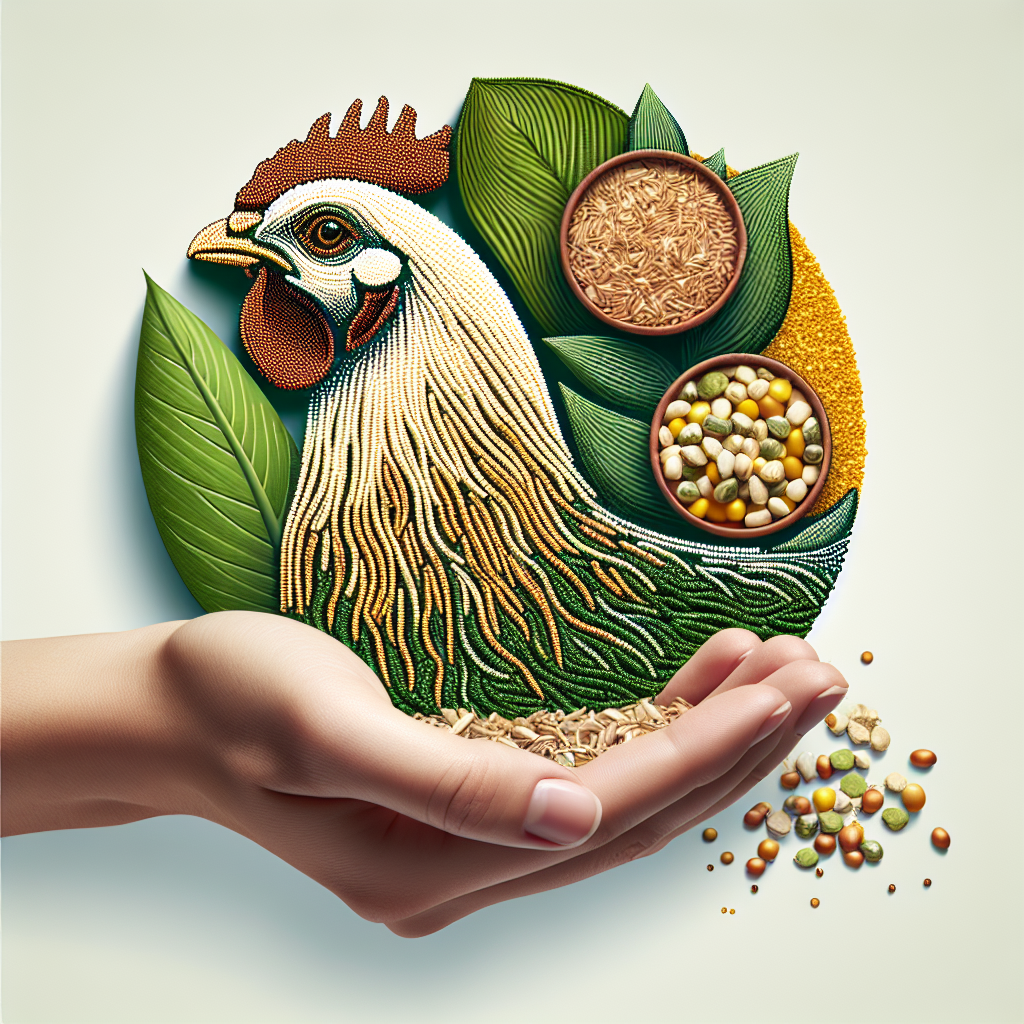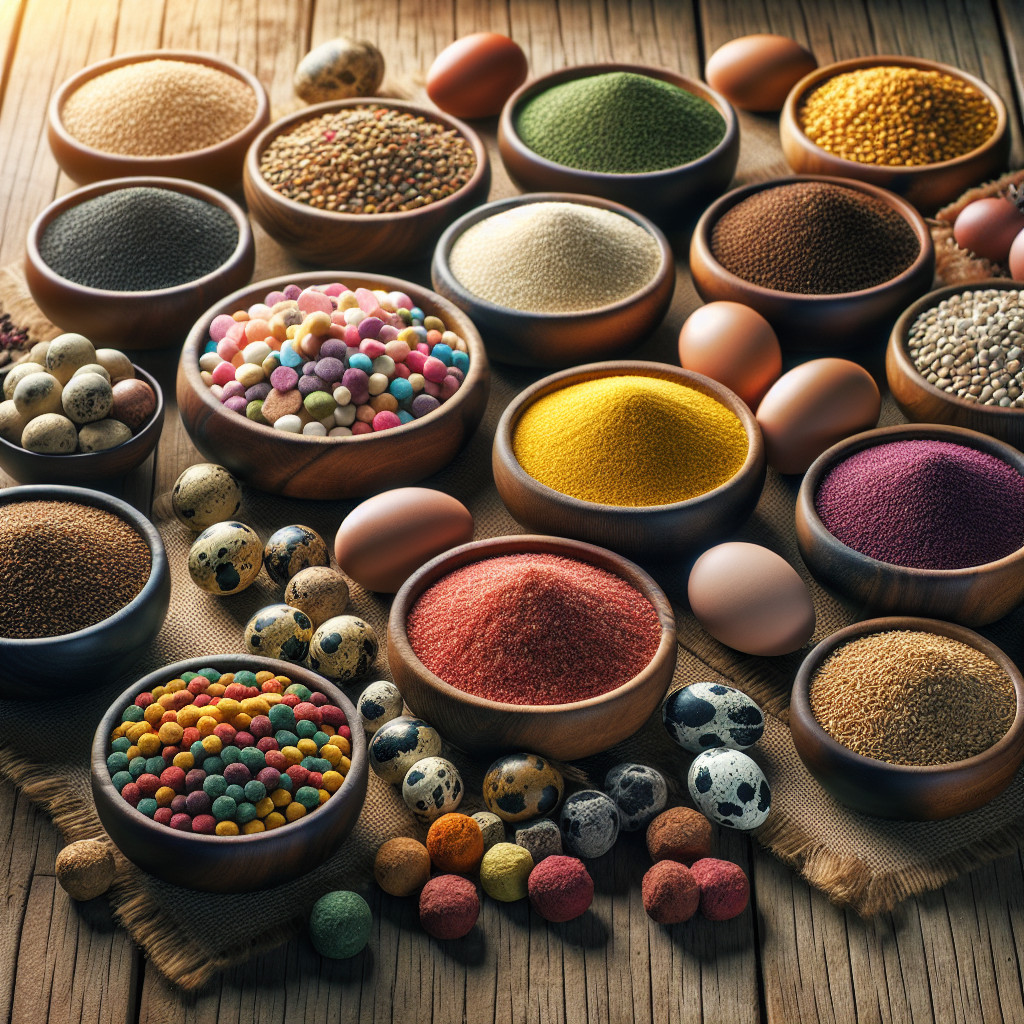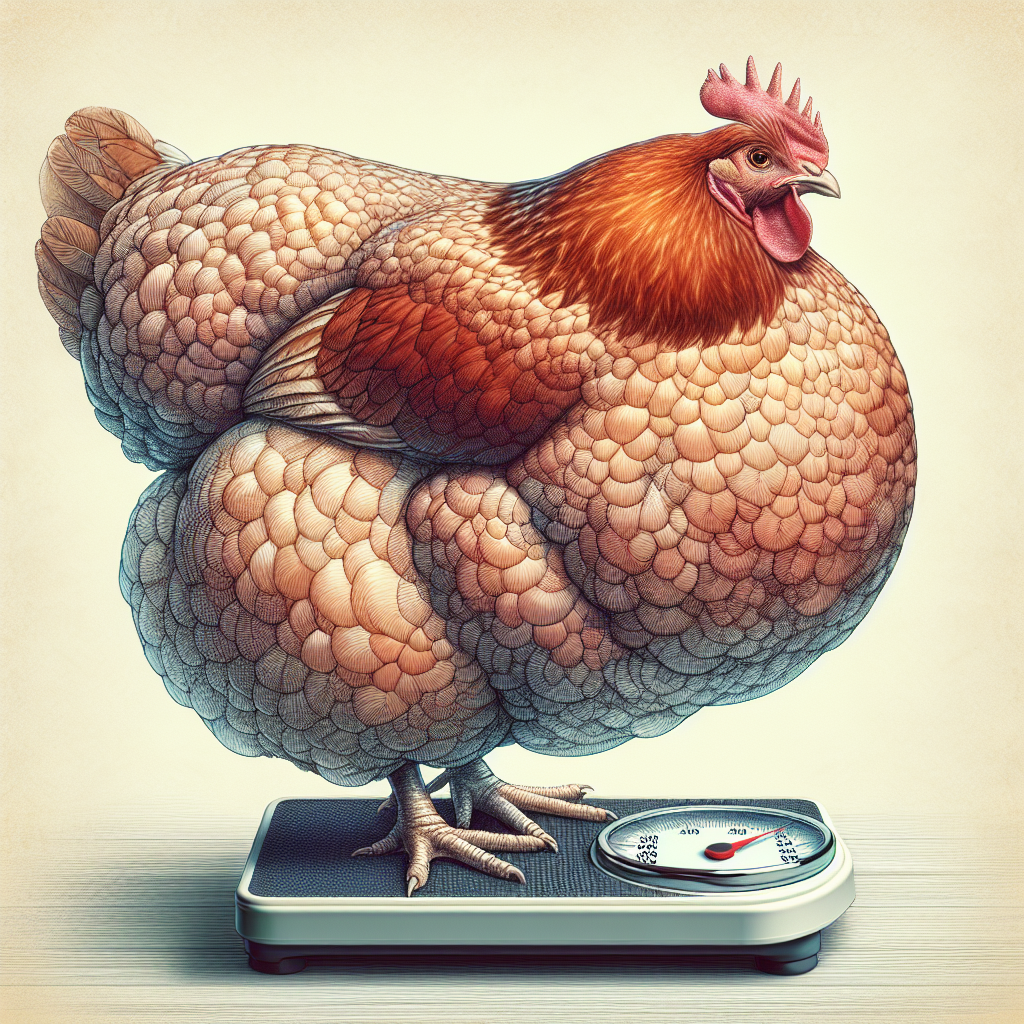If you’ve ever wondered if there are specific supplements available to enhance egg production and improve their quality, then look no further. This article explores the realm of dietary supplements that may potentially support the wellness of the egg-laying process. Whether you are a backyard chicken keeper or a commercial poultry farmer, discovering these potential solutions could be the key to optimizing the productivity and health of your feathered friends. So, let’s dive into the world of supplements and uncover their potential benefits for egg production and quality. Yes, there are several factors that can affect egg production and quality in poultry. These factors include nutrition, hormonal balance, age, stress, and diseases or infections. By understanding and addressing these factors, we can take steps to optimize egg production and ensure high-quality eggs.
Nutrition
Nutrition plays a crucial role in egg production and quality. Poultry require a balanced diet that provides essential nutrients such as proteins, carbohydrates, fats, vitamins, and minerals. Adequate protein intake is particularly important for egg laying hens, as it is a major component of egg production. Diets rich in high-quality protein sources, such as soybean meal or fish meal, can promote better egg production. Additionally, providing a balanced mix of vitamins and minerals, such as calcium, phosphorus, and zinc, is essential for optimal eggshell quality.
Hormonal Balance
Maintaining proper hormonal balance is vital for fertility and egg development. Poultry hormones, such as estrogen and progesterone, regulate the reproductive process and influence egg production. Any disruption in hormonal balance can lead to decreased egg production or poor egg quality. Supplementing with specific hormones, under the guidance of a veterinarian or poultry nutritionist, may be necessary in certain cases to address hormonal imbalances and enhance egg production.
Age
Age is another factor that can affect both egg number and quality in hens. As hens age, their egg production tends to decline. Young hens typically have a higher rate of egg production compared to older hens. Additionally, the quality of eggs laid by older hens may be compromised, with thinner shells or reduced yolk and albumen quality. Providing appropriate nutrition and supplements can help slow down the decline in egg production and maintain better egg quality as hens age.
Stress
Stress can have a significant impact on egg health and production. Environmental, social, or physiological stressors can disrupt the normal physiological processes involved in egg production. When hens are under stress, their hormone levels fluctuate, leading to decreased egg production. Implementing stress-reducing measures, such as providing a calm and quiet environment, maintaining optimal temperature and ventilation, and minimizing disturbances, can help mitigate the negative effects of stress on egg production.
Diseases and Infections
Diseases and infections can have a detrimental effect on egg production and quality. Various viral, bacterial, and parasitic infections can affect the reproductive system and cause abnormalities in egg production. Regular health checks and vaccination protocols are essential in preventing and controlling diseases and infections. Working closely with a veterinarian and following recommended biosecurity measures can help minimize the impact of diseases on egg production.
Now that we understand the factors that can affect egg production and quality, let’s explore some specific supplements that can help boost egg production and improve the overall quality of eggs.
Vitamin D – The Sunshine Vitamin
Vitamin D is a crucial nutrient for poultry health and has a significant impact on egg production and quality. Often known as the sunshine vitamin, vitamin D is produced in the skin of poultry when exposed to sunlight. It plays a vital role in calcium metabolism, which is necessary for strong eggshells. Inadequate levels of vitamin D can lead to thin or fragile shells, resulting in increased egg breakage. Supplementing with vitamin D, either through fortified feed or liquid supplements, can ensure hens have adequate levels to support optimum egg production and shell quality.
Omega-3 Fatty Acids – Essential for Egg Health
Omega-3 fatty acids are essential polyunsaturated fats that play a crucial role in overall health, including egg production. These fatty acids are important for the development and functioning of many body systems, including the reproductive system. Supplementing hens’ diets with omega-3 fatty acids can improve egg production, increase egg size, enhance yolk color, and improve the nutritional profile of eggs. Common sources of omega-3 fatty acids for poultry include flaxseed, fish oil, or algae-based supplements.
Vitamin E – Antioxidant Powerhouse
Vitamin E is a potent antioxidant that helps protect cells from oxidative damage. In poultry, vitamin E plays a vital role in reproductive health and egg production. Adequate vitamin E levels are necessary for optimal egg development, fertility, and hatchability. This nutrient also contributes to a longer shelf life of eggs by slowing down lipid oxidation. Supplementing hens’ diets with vitamin E can promote better egg production, improve egg quality, and enhance the overall health of the flock. Good dietary sources of vitamin E include wheat germ, sunflower seeds, and green leafy vegetables.
Biotin – The Hair and Egg Vitamin
Biotin, also known as vitamin B7, is essential for maintaining healthy skin, feathers, and egg production in poultry. It is involved in various metabolic processes, including the synthesis of fatty acids, which are important components of egg yolk. Biotin deficiency can lead to reduced egg production, inferior eggshell quality, and poor feather condition. Supplementing hens’ diets with biotin can help improve egg production, strengthen eggshells, and enhance the overall appearance and health of the flock.
Hormonal Balance – Crucial for Fertility and Egg Development
Hormones play a crucial role in egg production, as they regulate the reproductive process in hens. Supplementing with specific hormones, such as follicle-stimulating hormone (FSH) or luteinizing hormone (LH), can help balance hormone levels and optimize egg production. It is important to note that hormone supplementation should only be done under the guidance of a veterinarian or poultry nutritionist. Additionally, there are natural ways to support hormonal balance, such as providing a stress-free environment, optimizing nutrition, and ensuring adequate lighting conditions.
Age – Affecting Egg Number and Quality
As hens age, their egg production tends to decrease. This decline in egg quantity is often accompanied by a decline in egg quality, with thinner shells or reduced yolk and albumen quality. Supplementing with specific nutrients, such as calcium or protein, can help support aging hens and maintain better egg production and quality. Early intervention is crucial in addressing age-related declines in egg production, as it allows for a proactive approach to ensure the health and productivity of the flock.
Stress – Impacting Egg Health and Production
Stress can have a significant impact on egg health and production. High-stress levels can disrupt the normal hormonal balance and physiological processes involved in egg production. Supplementing with stress-reducing additives, such as herbal extracts or adaptogens, can help alleviate stress and promote better egg production. Additionally, implementing management practices that minimize stress, such as providing adequate space, reducing noise and disturbances, and maintaining optimal environmental conditions, can significantly improve egg production and the overall well-being of the flock.
In conclusion, several factors can influence egg production and quality in poultry, including nutrition, hormonal balance, age, stress, and diseases or infections. By addressing these factors and considering the use of specific supplements, such as vitamin D, omega-3 fatty acids, vitamin E, and biotin, poultry farmers can optimize egg production and ensure high-quality eggs. It is important to note that proper consultation with a veterinarian or poultry nutritionist is essential to determine the specific needs of the flock and tailor supplementation accordingly. With the right approach and care, farmers can achieve maximum egg production while maintaining the health and well-being of their flock.




